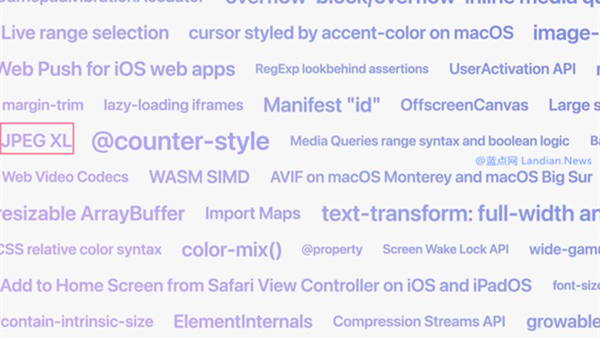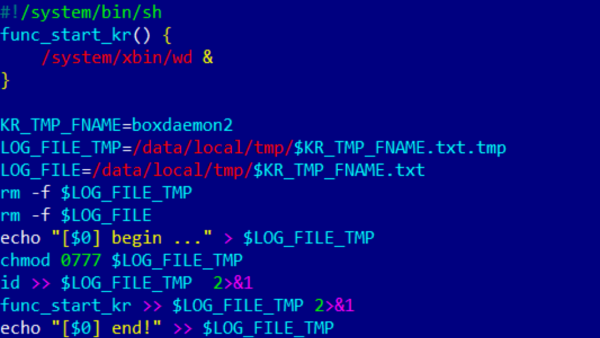Google to Reduce Download Warnings in Chrome for Android with Google Play Protect
In a bid to enhance user experience while maintaining security, Google is currently testing modifications to Chrome for Android that aim to streamline the process of downloading files, particularly APKs, without compromising safety. This initiative seeks to address the inconvenience caused by frequent security warnings during downloads, a common concern among users who regularly download files.
Balancing Security with Convenience:
Traditionally, browsers like Microsoft Edge have implemented safety protocols that prompt users to manually confirm the download of potentially harmful file types, such as executable (.exe) files, to guard against security threats. Similarly, Chrome for Android has been cautioning users about the risks associated with downloading APK files, alerting them to the potential harm these files could inflict on their devices, from compromising personal data to introducing malware.
Recognizing that these warnings can sometimes be more of a hindrance than a help to seasoned downloaders, Google is refining its approach by leveraging Google Play Protect. This proactive security scanning service, which is integral to the Google Play Store, regularly checks installed apps for malicious behavior and advises users to uninstall any it identifies as harmful.
The Role of Google Play Protect:
Under the new system being tested, if Google Play Protect is activated on a user's device, Chrome will minimize warnings for APK file downloads. Instead, the service will scan the files in question and only issue an alert if a potential threat is detected. This represents a significant shift towards a more seamless downloading experience, where security measures do not unduly impede user activity.
Should a user not have Google Play Protect enabled, Chrome will default to displaying warnings for all APK file downloads. Additionally, after completing a download, Chrome will suggest turning on Google Play Protect for enhanced security, reinforcing the importance of this safeguarding feature.










